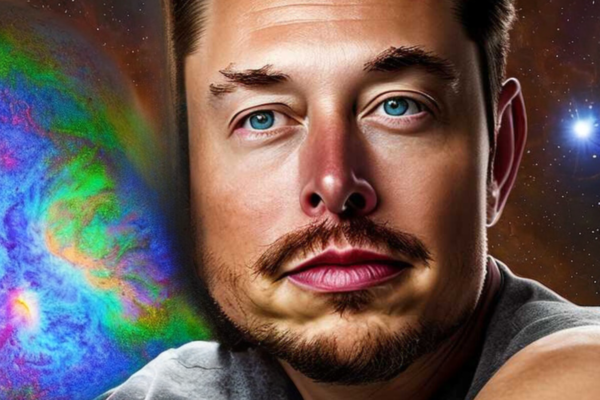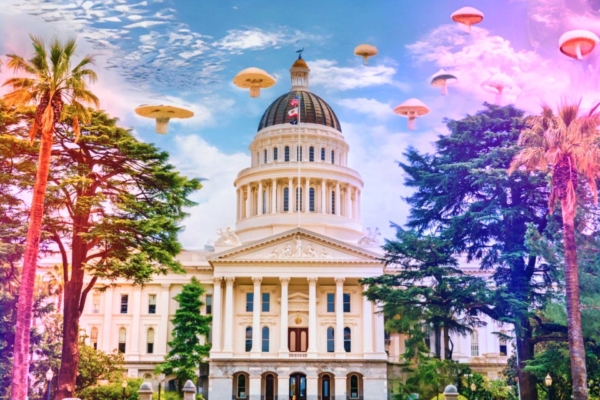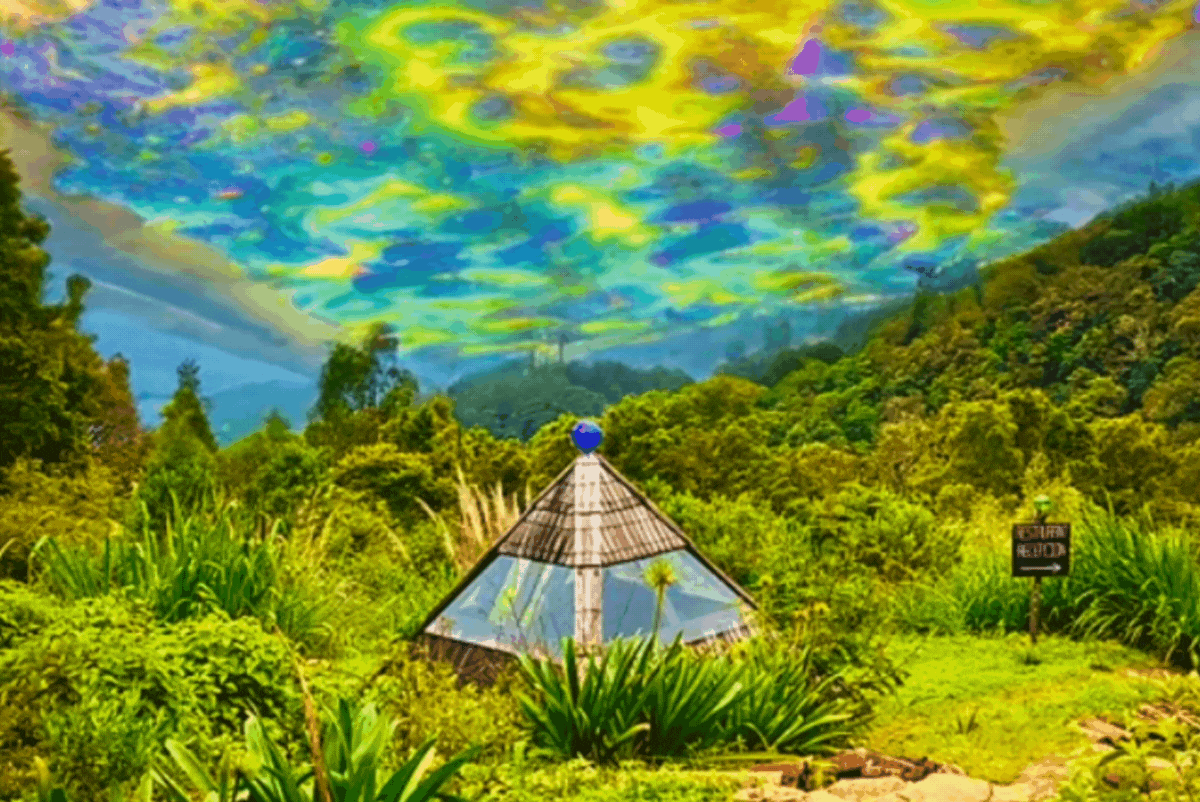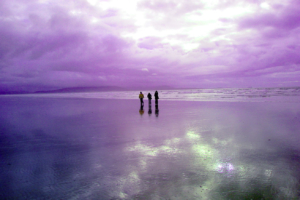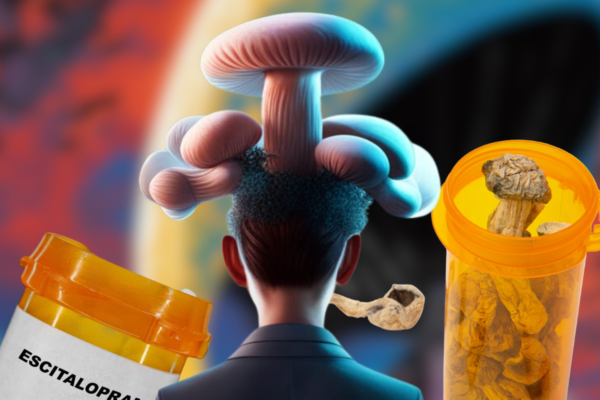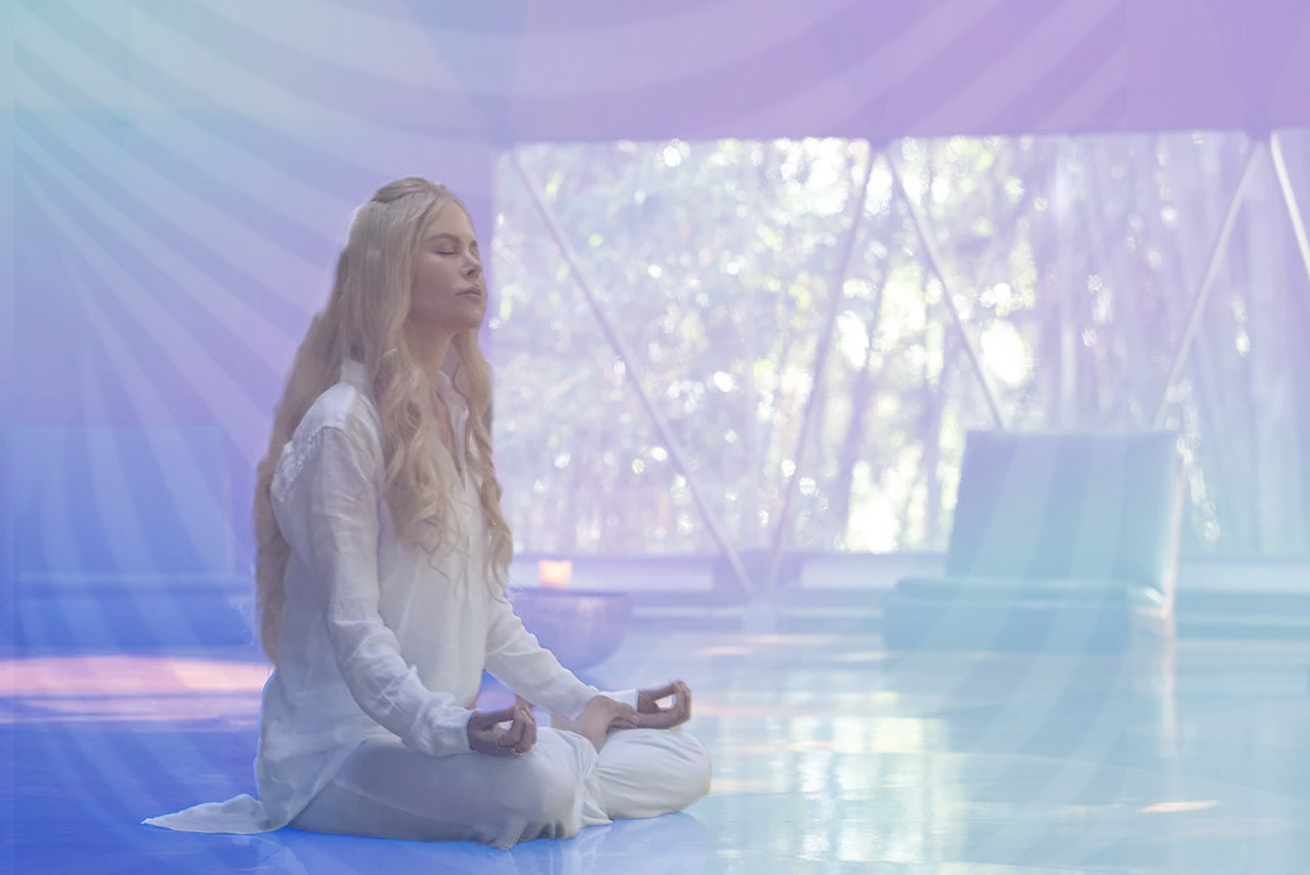
Nine Perfect Strangers director Jonathan Levine thinks psychedelic therapy can save humanity, but the psychedelic community doesn’t think his Hulu series is doing the progressive movement any favors.
In an interview with the Los Angeles Times, the filmmaker calls psychedelics “one of my top five options for the salvation of humanity,” and hopes the hit show will help the medicinal use of these drugs become more mainstream.
The eight-episode drama stars Nicole Kidman as Masha Dmitrichenko, a mysterious and revered mystical healer who infuses psychedelic therapy into her elite retreat space Tranquillum, where nine strangers stay for 10 days to heal their unique trauma through a variety of wellness techniques.
“Every single person has problems, and I hope that the audience can see their own problems [in the show] and see that we’re presenting them without much judgment,” Levine, who directed every episode, tells the LA Times.
But there is a pretty big problem with Masha’s approach: She doesn’t both informing her guests that they’re being dosed with psilocybin, and they don’t consent to the taking the psychoactive until after they discover they’re high on it.
That plot development becomes a major part of the unfolding drama and tension of the series—essential ingredients for scripted TV, especially if produced by David E. Kelly, who worked with Kidman on HBO drama Big Little Lies. But Tranquillum isn’t a complete fantasy; psychedelic retreat centers exist in parts of the world where it’s legal to operate, and more are on the way as the psychedelic industry blossoms around the globe.
“Whatever we’re doing now is not working,” Levine says. “Masha gives that speech at the beginning of the fourth episode where—essentially there’s a bit of madness to her in that moment, but there’s also a feeling that this could change the world.”
The negative perception of psychedelics is changing at a rapid pace, and the proven transformative power of psilocybin, LSD, MDMA, DMT and other psychoactive substances is leading countries to embrace the value—from a mental health and financial standpoint. However, the success of the emerging industry will depend on the attitudes of the general public and government, which have been historically fearful due to the long-running War on Drugs, launched by President Richard Nixon after psychedelics empowered a generation to question the status quo.
As a result, it seems the psychedelic community has been watching Nine Perfect Strangers in horror. The finale became available to stream on Wednesday, when the Instagram account for Netflix film Have a Good Trip: Adventures in Psychedelics asked followers, “Has anyone seen this? Some say it is bad for the movement. Go off in the comments”
“This show is NOT it—a major disappointment as a piece of entertainment and in no way a positive example of micro dosing therapy,” replied one user. “This show should float my boat but it does not.”
Another wrote: “This show depicts dosing patients w/o their consent, not providing adequate monitoring during trips, inadequate therapy/integration, pedestrian engagement w patient trauma, and incorrectly promoting ongoing daily consumption of psychedelics as necessary for health. Whatever the screen grab is is hyperbolic, misleading and doesn’t do service to a medical model for psychedelic psychotherapy.”
Journalist Elena Hilton expressed these same concerns in a Teen Vogue op-ed headlined, Nine Perfect Strangers’s Portrayal of Psilocybin Could Derail Progress in Researching Psychedelic Use for Mental Health.
Nine Perfect Strangers puts psilocybin front and center, and it could be one of the most mainstream ways the drug has been introduced to a good portion of the show’s audience. Most Americans are likely familiar with psychedelics even if they don’t know psilocybin by name, but it’s still uncommon to talk about these drugs with regards to wellness and mental health. Though the show raises some awareness around psilocybin, the amount of misleading information in the series has the potential to derail the progress researchers have made in calling attention to the benefits psilocybin can have.
Between giving psilocybin doses without consent, not closely monitoring patients while on the drug, not accompanying the doses with significant therapy, encouraging the remembrance of traumatic events without proper support, and incorrectly suggesting that it’s helpful to ingest psilocybin daily to live in a permanently altered conscious state, Nine Perfect Strangers seemingly demonizes a drug that, in reality, has the potential to successfully treat some people’s persistent illnesses.
Based on director Jonathan Levine’s reflection of the show, any demonization appears unintentional. And again, the show is a drama, so conflict is required, and nine perfect strangers being dosed with a powerful psychedelic without their consent is a strong recipe for juicy drama to unfold at Tranquillum. The important thing for viewers to realize, though, is that Kidman’s mysterious Masha is not an actual psychedelic-assisted therapy practitioner; she is a character. And while her intentions may be noble, she is clearly flawed.
“She’s obsessed with fixing these people, and she will do anything to make that idea that you can fix people in 10 days come true,” Levine tells the LA Times. “Including things that kind of run contrary to that idea. So there’s a bit of hypocrisy to her as well. But I also think there’s a nobility in her quest.”

